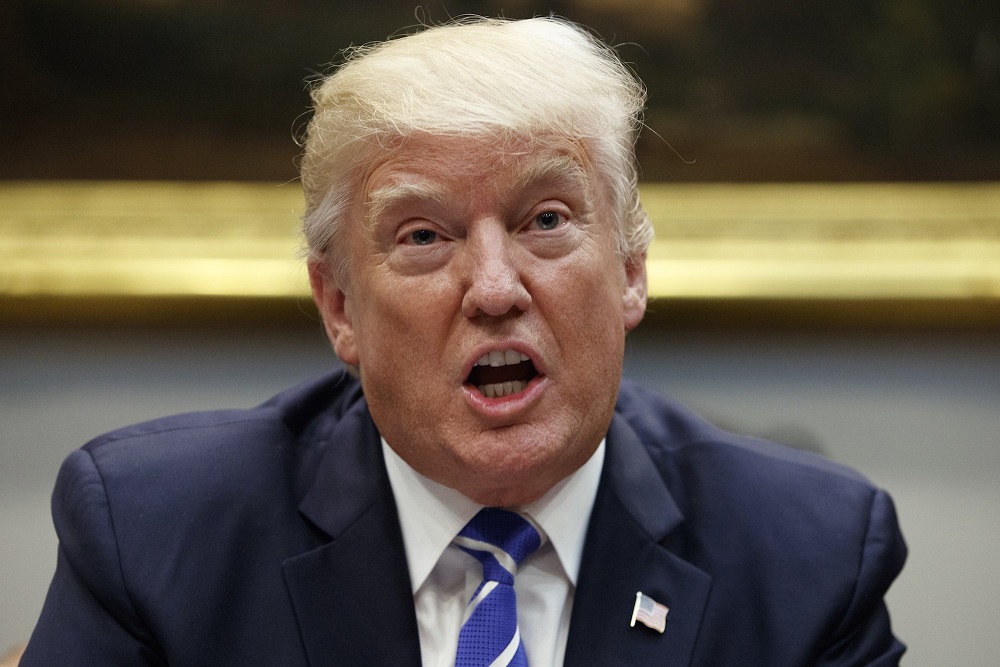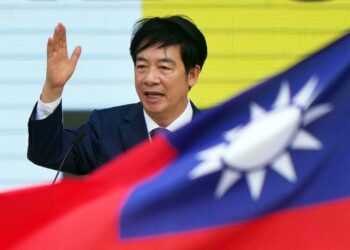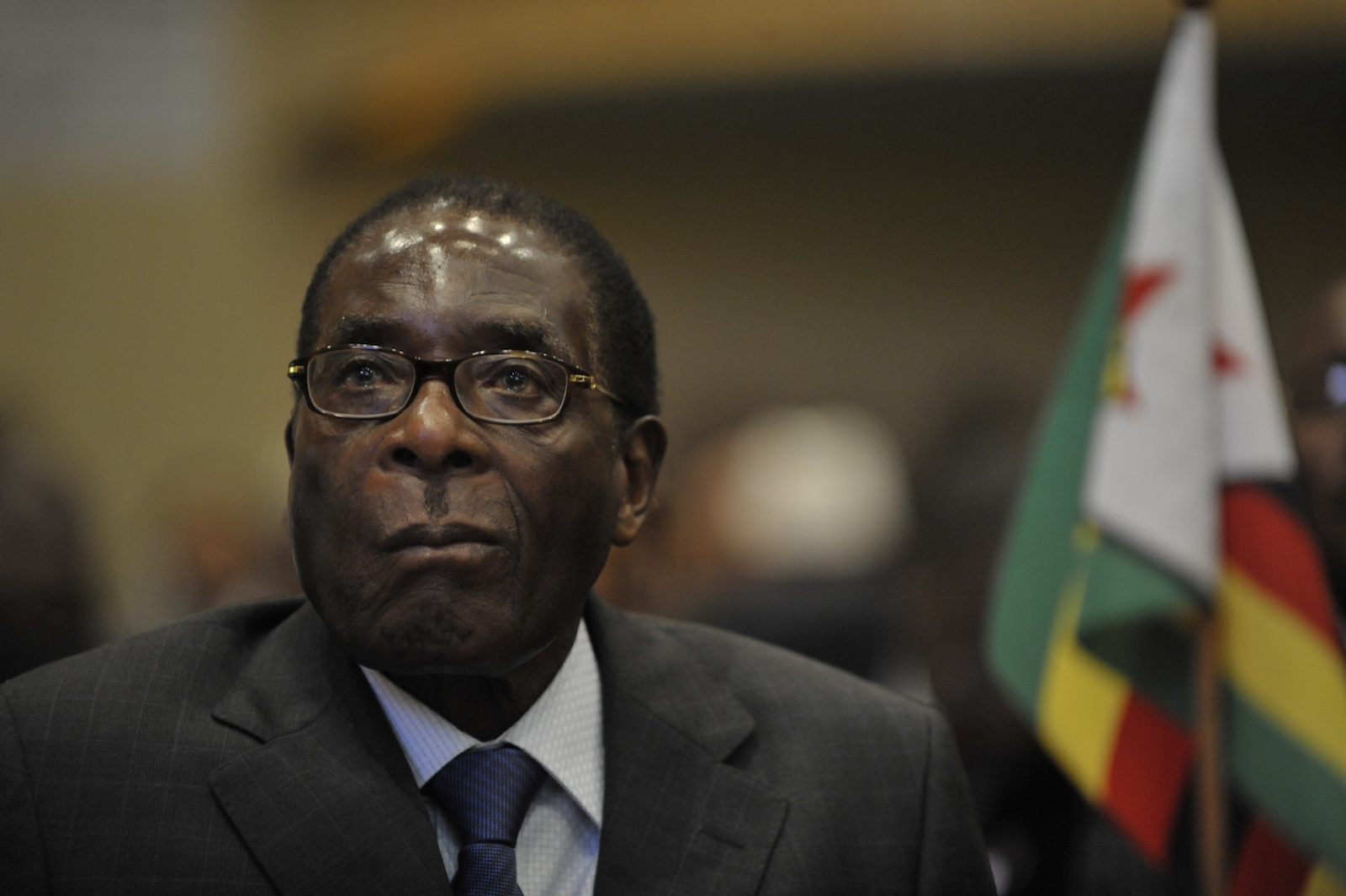U.S. President Donald J. Trump finished his first trip to China last Friday, where he received an elaborate welcome and witnessed the signing of a $250 billion trade deal package between the two countries.
While struggling for support in the United States, Mr. Trump has been popular in China since the 2016 presidential election. Chinese call him “Donald the Strong” and even created online fan clubs in his honor.
On November 8, Chinese President Xi Jinping welcomed Mr. Trump in the Forbidden City, the ancient home that housed Chinese emperors for 500 years. A video of Trump’s granddaughter Arabella Kushner singing in Chinese went viral on Chinese social media at the same time.
Indeed, the trip turned into an event with “great chemistry” between the two leaders, as Mr. Trump said.
“The visit was a high profile event that was carefully choreographed to demonstrate that the U.S. and China are managing this complex and most important relationship in a mature manner,” Dali Yang, professor of Political Science at the University of Chicago, told The Globe Post.
North Korea and economic imbalance were Mr. Trump’s two priorities during his visit to Beijing. The U.S. president had repeatedly criticized China for not doing enough to rein in Pyongyang.
He tweeted in July that the Chinese did nothing regarding North Korea, “just talk.”
…they do NOTHING for us with North Korea, just talk. We will no longer allow this to continue. China could easily solve this problem!
— Donald J. Trump (@realDonaldTrump) July 29, 2017
Mr. Trump urged Beijing to take further action against North Korea, while Mr. Xi used the word “renew” in his statement on the North Korea crisis.
“We renewed our commitment to denuclearize the Korean peninsula and uphold international rules,” he said through an interpreter.
During the visit, Mr. Trump, who once said China “rape[s]” the United States, also softened his approach to the trade deficit between the two countries. Moreover, he pointed the finger at his predecessors, saying previous administrations should take the responsibility for “allowing the trade deficit to take place and to grow.”
The U.S. trade deficit with China was $347 billion in 2016, as the whole trade volume amounted $648 billion.
Yet, Mr. Trump said during the visit that he did not blame China for such an outcome.
“After all, who can blame a country for being able to take advantage of another country for the sake of its citizens,” he added.
According to Mr. Yang, this is an indication of Mr. Trump’s negotiating style.
“In this case, he’s flattering his host by highlighting the fact that China has profited hugely from existing relationship. Such a statement doesn’t mean that he won’t be a tough negotiator and is in fact designed to make it easier for the other party to offer a better deal,” he said.

The two leaders did reach a series of deals during the visit worth $250 billion in total. The agreements, signed on November 9, ranged from gas to aviation projects.
But according to a Bloomberg report, a large number of the deals were “non-binding memorandums of understanding or involved agreements with existing Chinese partners.”
Timothy Stratford, managing partner of Covington and Burling’s Beijing office and a former assistant U.S. trade representative, told the Washington Post that “unless you’ve had time to discuss these very difficult and complicated issues in some detail, you can’t expect the two presidents to announce anything that is concrete and detailed and meaningful. I fully expect these very tough discussions to begin in the next few months.”
Mr. Yang agreed that the signing of the deals would not be the end of the bargaining process, especially as a new set of trade figures will be released soon that is likely to show a significant U.S. trade deficit with China.
During the visit, Mr. Trump did not raise any concerns about human rights in China, at least not publicly. Human rights activists were hoping the U.S. president would press Mr. Xi to release Liu Xia, the widow of jailed Nobel Peace Prize winner Liu Xiaobo, who died in July.
According to a recent report by Human Rights Watch, China’s crackdown on human rights is the most severe since the Tiananmen Square movement.
“China definitely feels relieved from Trump’s ignoring of China’s performance on human rights,” Zhu Feng, an international relations professor at Nanjing University, told the Financial Times.






















